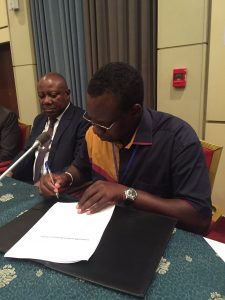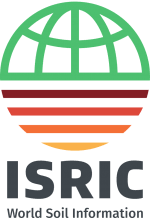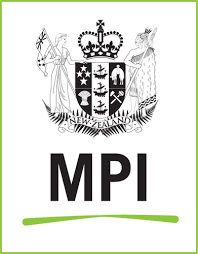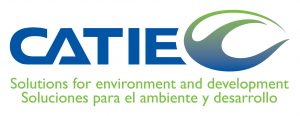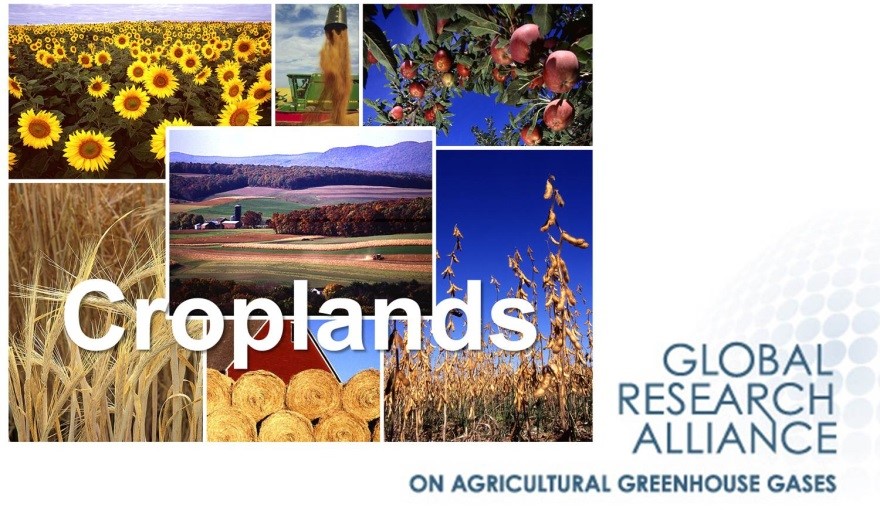Two opportunities have arisen for Senior Research Scientists to join Australia’s CSIRO (Commonwealth Scientific & Industrial Research Organisation) Agriculture Climate Smart Program:
- Senior Research Scientist – climate change, agri-business and agricultural systems: this role will develop and apply foresighting, analysis and solutions to help agribusiness and financial institutions meet market, social licence and business growth in the face of climate, climate policy impacts and stakeholder/shareholder/consumer concerns and pressures.
- Senior Research Scientist – agriculture, greenhouse gas emissions and sustainability: this role will develop and apply life cycle assessment and natural capital accounting and provide environmental benchmarking metrics and advice to agribusiness and other institutions involved in agriculture
Applications close 10 December 2017. For more details, including role summaries and the application process, please visit the CSIRO website (link provided below).
The latest issue of the Livestock Research Group (LRG) newsletter is available to download.
In this edition, the LRG Co-chairs make a special request for readers to consider contributing to critical IPCC reports that are currently being developed, including the Sixth Assessment Report. The newsletter also discusses:
- Our work with South and South-East Asian countries developing Tier 2 inventories for livestock GHGs
- Outcomes from the recent GRA Council meeting
- Details of the first four projects confirmed for the Enteric Fermentation Flagship
- Recent work by CCAFS in low emissions agriculture
The U.S. Department of Agriculture is now accepting applications for the 2017 Borlaug Global Research Alliance Fellowships. Fellows selected from eligible countries (Colombia, Costa Rica, Egypt, Ghana, Honduras, Indonesia, Malaysia, Mexico, Nicaragua, Panama, Peru, Philippines, Thailand, Vietnam) will work with a mentor at USDA’s Agricultural Research Service or a United States university for up to 12 weeks on resilient agricultural research. The United States’ mentor will later visit the fellow’s home institution to continue collaboration.
The fellowships are designed to provide fellows with training opportunities and practical experience, increase collaboration and networking, and aid in the transfer and implementation of technologies in the area of climate change mitigation research in agriculture.
Applications close November 5, 2017.
Read more about the 2018 Fellowship
The Global Research Alliance is very pleased to welcome our newest Member country, Senegal.
Senegal became a Member at the 10th Biennial Consultative Meeting of the National Experts Committee of the Africa Rice Centre held in Banjul, the Gambia in September 2017. Senegal is our third African Member, and we are looking forward to working together in the future.
The Global Research Alliance is delighted to welcome our newest Partner, ISRIC – World Soil Information.
ISRIC is linked to other global soil initiatives, such as the Global Soil Partnership, led by the Food & Agriculture Organisation. Together, ISRIC and the Global Research Alliance are looking forward to enhancing collaborations with countries and working on our Soil Carbon flagship, which is strongly connected to our existing Partner FACCE-JPI’s Coordination of International Research Cooperation on Soil Carbon Sequestration in Agriculture Horizon 2020 Coordination & Support Action (CIRCASA H2020 CSA).
Two highly qualified Scientific Officers are sought for INRA (National Institute for Agricultural Research) soil carbon programmes based in Paris, France.
1. Scientific Officer of the international research program on ‘Soils for Food Security and Climate’ (1-year position)
The research program has a focus on soil organic carbon, in relation with food security and climate change challenges.
2. Scientific Officer of the European funded project CIRCASA (3-year position)
CIRCASA (Coordination of International Research Cooperation on soil Carbon Sequestration in Agriculture) aims to develop international synergies concerning research and knowledge transfer on agricultural soil C sequestration at European Union (EU) and global levels.
Note that CVs must be received before 22 September 2017, and availability to start on 1 November 2017 is required.
On 30 August, CATIE (Centro Agronómico Tropical de Investigación y Enseñanza), represented by Muhammad Ibrahim, its Director General, signed a contract with the New Zealand Ministry for Primary Industries (MPI), to put in place the implementation of the Platform for Sustainable Livestock Production: more productivity with fewer greenhouse gas emissions, which will work in the Latin American and Caribbean region.
The Platform is coordinated by CATIE, in collaboration with the Global Research Alliance on Agricultural Greenhouse Gases’ Livestock Research Group and the Latin American Regional Fund for Agricultural Technology (FONTAGRO), and will look to establish alliances with key audiences for the sustainable intensification of livestock production systems, as a regional research and development strategy for climate change adaptation and mitigation.
A new $400,000 scholarship programme to build global expertise on climate change, agriculture and food security will boost New Zealand’s contribution to agricultural greenhouse gas research say Climate Change Minister Paula Bennett and Primary Industries Minister Nathan Guy.
The scholarship was announced on 29 August 2017 at the Global Research Alliance on Agricultural Greenhouse Gases (GRA) Council meeting in Tsukuba, Japan, and is a joint initiative of the GRA and the Consultative Group on International Agricultural Research.
New Zealand funding support will enable up to 40 recipients to be hosted in research centres of GRA partners and member countries over the next three years. New Zealand has been a long standing donor of the CGIAR, most recently committing a further $11 million over two years to its network of research institutes around the world.
Find out about the 2017 Global Research Alliance Council Meeting
The Conservation Agriculture Network of our Croplands Research Group. led by Canada, has produced a new brochure of their work.
The brochure explains how conservation agriculture can mitigate greenhouse gas emissions and enhance soil carbon storage in croplands.
A number of opportunities are currently available for research and officer positions with the United Nations’ Capital Development Fund (UNCDF).
The UN Capital Development Fund makes public and private finance work for the poor in the world’s 47 least developed countries (LDCs). With its capital mandate and instruments, UNCDF offers “last mile” finance models that unlock public and private resources, especially at the domestic level, in support of households, localities and small enterprises that are underserved, where development needs are greatest and where resources are scarcest.
The July 2017 edition of the Global Research Alliance’s Livestock Research Group newsletter is now available.
This edition includes updates on the four flagship programmes of the Alliance and a summary of outcomes of the April 2017 Livestock Research Group meeting in Washington DC.
Our side event from the FAO Conference 40th Session “Partnering to Scale up Climate Action by Countries in the Agricultural Sectors” is now available as a video to watch on demand.
The side event was jointly organised by the Global Research Alliance on Agricultural Greenhouse Gases (GRA), the United Nations Environment Programme (UNEP) as host of the Climate and Clean Air Coalition (CCAC) and FAO. The Speakers from FAO and GRA partner organisations and Member countries discuss in particular the role of strategic partnerships in maximizing its impact on the ground through support to countries to implement the agriculture commitments of their NDCs.


